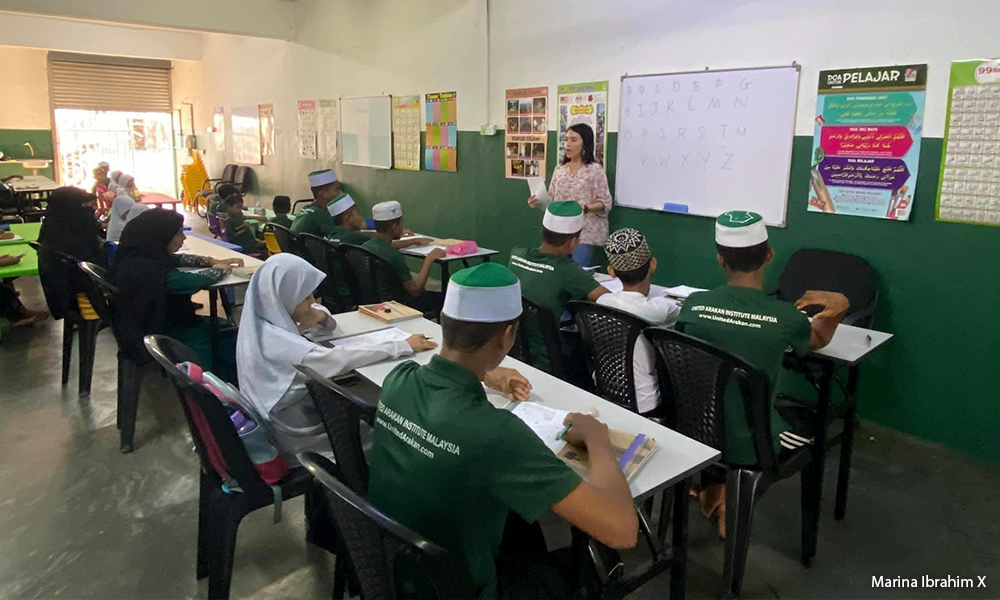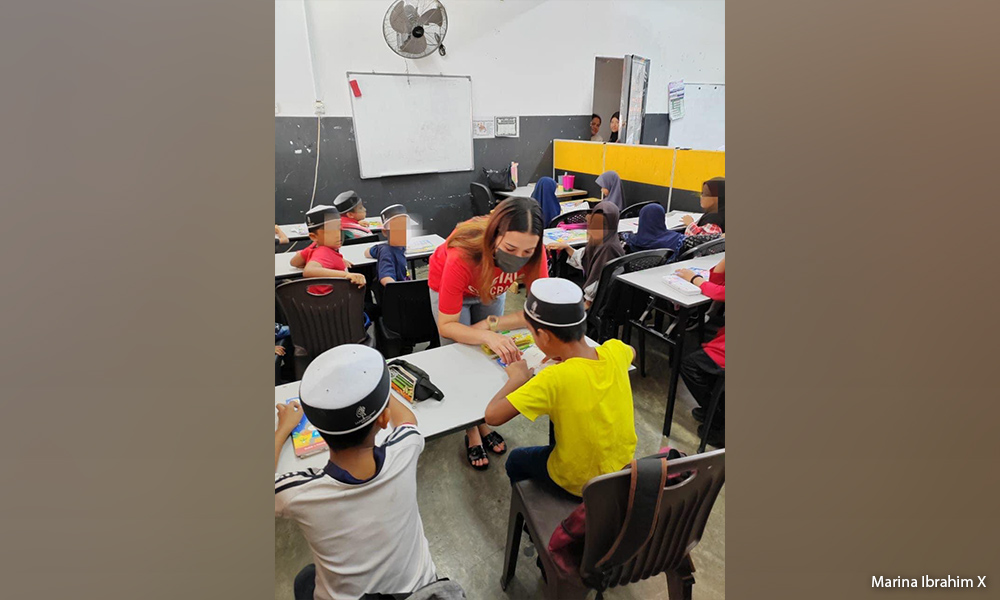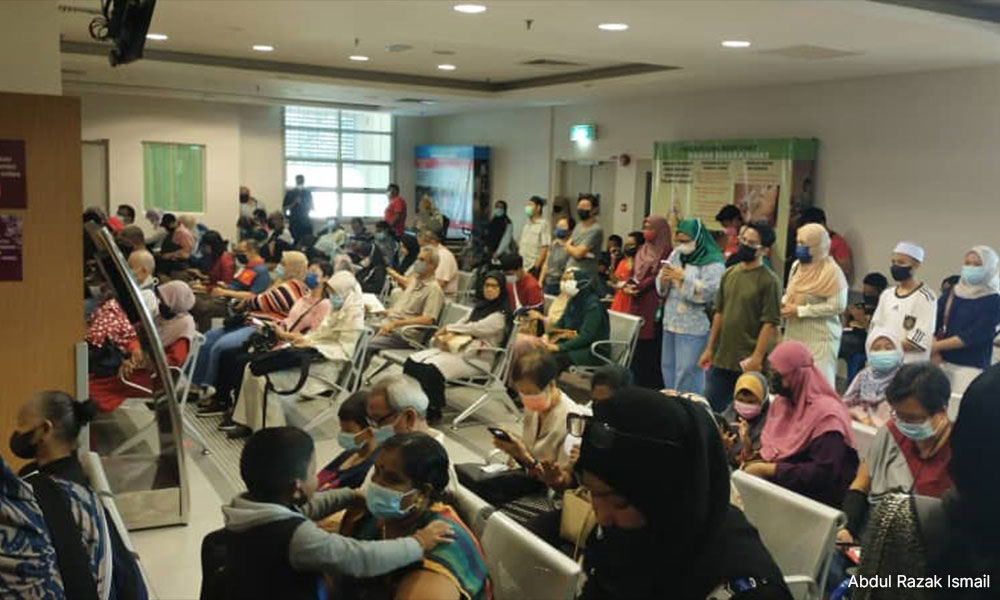DAP's Skudai assemblyperson Marina Ibrahim is urging the government to provide education avenues for children of refugees as a means to address growing tensions between the refugees and locals.
Having personal experience tutoring Rohingya children, Marina said those who receive education have a better chance of contributing to society, while those who do not may contribute to social ills, leading to tensions within local communities.
"When we allow them in on a humanitarian basis, we must also ensure they receive education and so on. The government must review this.
"We cannot allow them in and then leave them without direction. It is the rakyat who will face the problems resulting from this," she posted on X.
She added that in her experience, providing education could also stop the prevalence of child brides among some of the displaced communities, which causes severe intergenerational consequences.

She said among those within the community that she has worked with, girls who are not educated are married off as soon as they reach puberty.
"They have no sex education and by the age of 18, they already have several children who are neglected.
"These children don't go to school and have no education, so what is to become of them?
"They also have no understanding about lots of things, including the law," she said.
She said there has also been a case in her local constituency where a young refugee mother left her children with a babysitter and then disappeared.
"The innocent children end up neglected. This is why I teach them sex education and some of them who are educated will hug me and tell me they don't want to get married (at a young age)," she said.
'Listen to locals' grouses too'
Marina added that she started getting involved in refugee education as a means to address the growing tensions within her local community.
These include social problems such as health and hygiene issues, she said.

As such, Marina believes that education should not just be seen as academic instruction but also to guide refugee children on how to live with the local community.
"I have always seen this as my contribution to help the local people.
"When the refugee children are educated, they do not roam around in an unruly way, they are well-mannered and can better interact with the local community," she said.
She added that it is also unfair to denounce local communities if they speak out against refugees living among them.
"We must put ourselves in the shoes of the locals as well. It's not our job to criticise our people as being without empathy.
"We need to listen to both sides and find a common solution," she said.
'Burden on healthcare services'
Marina's reflections on X came as part of a wider discussion on the platform among Malaysian social media users about the growing number of refugees in Malaysia.
Among them were some healthcare workers who said refugees were putting undue pressure on an already burdened healthcare system and taking away resources for Malaysians.

However, other healthcare workers cautioned against this view and noted that as physicians, it is their duty to advocate for equitable access to healthcare for all.
Some social media users complained about refugee children who "aggressively" beg for money at traffic intersections in parts of the Klang Valley, while others share their good experience with refugee students at volunteer run learning centres. - Mkini




No comments:
Post a Comment
Note: Only a member of this blog may post a comment.